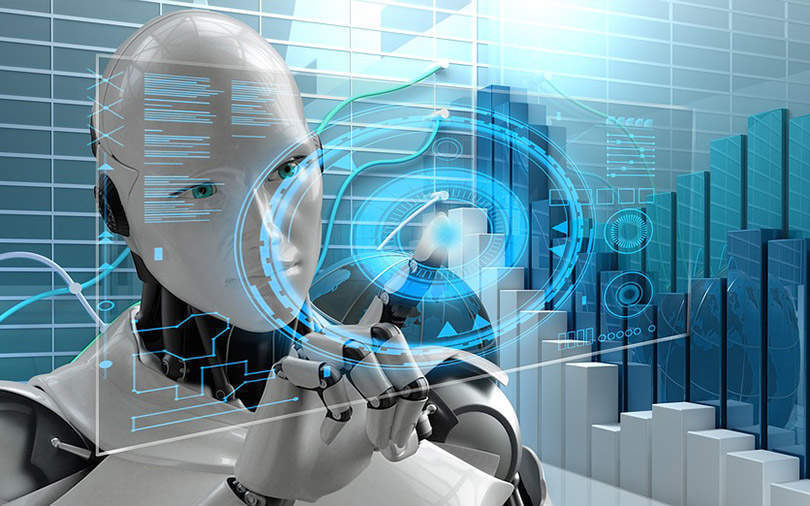
AI could reshape work environment by 2030, finds Dell study


Emerging technologies will disrupt traditional business models to ensure a more inclusive work environment by 2030, according to a report by Dell Technologies and California-based think-tank Institute for the Future (IFTF).
The report, Future of Work, said humans will not be replaced by systems/machines harnessing artificial intelligence (AI).
The study looked at the interplay of advanced technologies like AI, extended reality (XR) and Internet of things (IoT), and how it will affect people prepare for and find work.

The report highlights three shifts in the future work environment. The predicted shifts mainly deal with fairer recruitment processes, the empowerment of workers as a result of the adoption of advanced technology and increased utilisation of AI by employees.
The future will see a more transparent and fair work environment as the evaluation of candidates will be based on an objective standard rather than traits like gender, age or class, according to a statement issued by Dell.
The second shift would be that frontier technologies will empower workers. Increasing adoption of assistive technologies such as extended reality will facilitate collaboration, thereby empowering the workforce.

The report found that 91% of business leaders based in India plan to harness emerging technologies to improve the productivity of employees and 74% are in favour of humans working with machines.
The third, and perhaps most important, shift will be greater AI fluency among employees, which would mean that human effort will be supplemented with inputs from emerging tech. A heightened understanding of advanced systems will allow workers the opportunity to enhance their potential and manage workflows, the report said.
The report also cited three challenges slowing the adoption of frontier technologies at the workplace — the biases creeping into recruitment algorithms, the upskilling of workers and the protection of workers’ rights in the wake of changing work dynamics.

About 86% of Indian business leaders expect to remove human biases finding their way into decision-making algorithms and almost just as many believe all of its employees will need to acquire expertise in technology by 2030, the report said.
A study conducted by Gartner found that organisations expect to triple the number of AI and machine learning projects within three years. Customer experience and the automation of processes were cited among the top incentives for harnessing the advanced technologies.
A study, Artificial Intelligence Global Adoption Trends and Strategies, prepared by the International Data Corporation (IDC) found that only a quarter of the organisations it surveyed have put in place a full-fledged enterprise-wide AI strategy.

